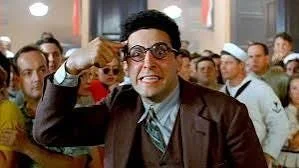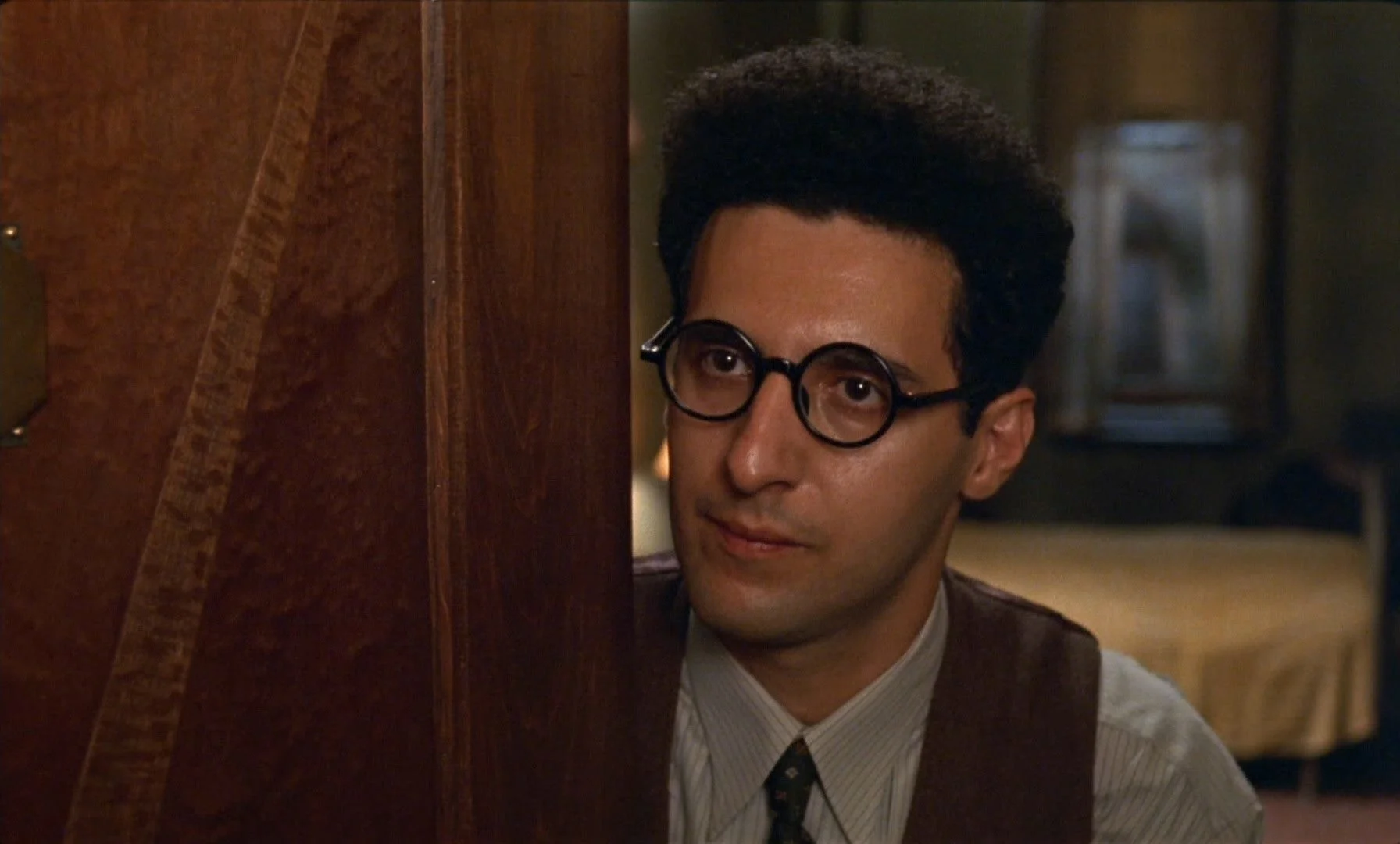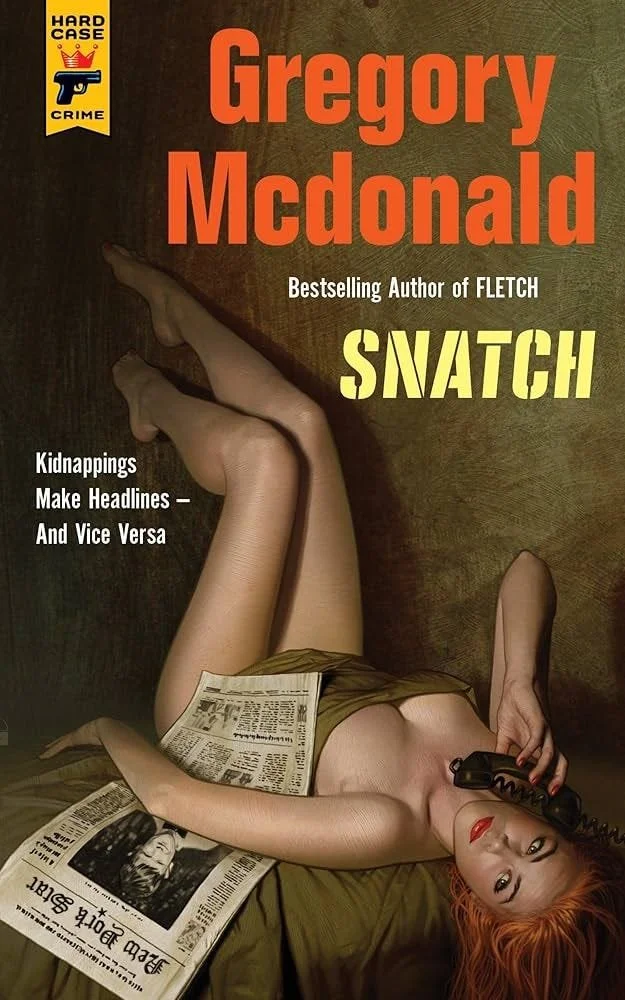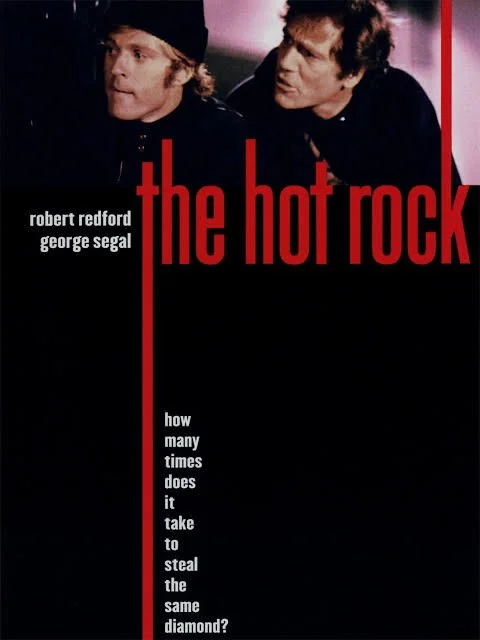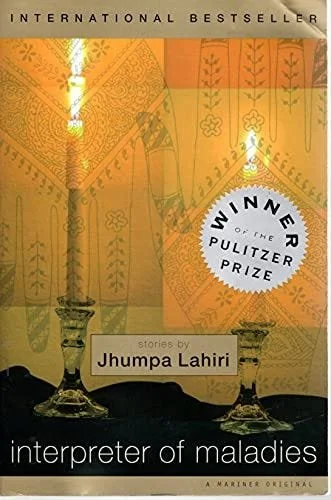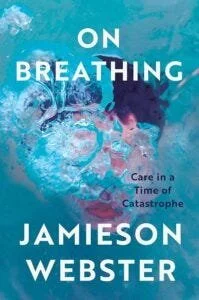I think my favorite part of Barton Fink is when Barton goes to a dance hall, having just written the whole screenplay he’s been unable to write for the entire movie, and while he’s there he has a great time yelling at sailors about what a writer he is. He is a creator! He points to his head and cries, “This is my uniform!”
It’s a weird thing to say, because how is his head a uniform? It would make more sense if he said it was his rifle, or his artillery. It doesn’t really matter, because the important thing is that he’s pointing to his head and shouting. People in Barton Fink talk about their heads a lot. John Goodman talks about things going wrong “at the head office.”
I like the part where he is exuberant and shouting at people, feeling as good as it can feel to be a writer. He is basking in that moment when you have reason to believe, even if it’s not true, that the hardest work is behind you, that you have written something good, if not great, and that anything is possible.
In case you haven’t seen the movie—WARNING: SPOILERS AHEAD—that scene ends with Barton Fink getting punched in the face and falling unconscious. When he wakes up, back in his hotel room, with a hangover, he drinks a glass of orange juice and gets a phone call. He learns he is a finalist for a major writing award, one that I think is meant to be a version of the Pulitzer Prize.
We never find out if he wins the Pulitzer, but it’s not important. It doesn’t really matter. By the time the movie comes to an end, we understand that Barton Fink has done the impossible. He has written a masterpiece.
And then, in the final frame, the sly grin that encroaches on Barton’s otherwise impassive face tells you everything you need to know about what lies ahead for him.
That’s right. He’s going to be a father.
I was thinking about this, a minute ago, because it seems like people online are talking more than ever about generative artificial intelligence.
They don’t talk about it in real life. If you go to the garden store, the grocery store, the YMCA jacuzzi, the rock climbing gym, or a movie theater, people don’t talk about generative AI. It’s important to spend time in those places when you can. We have to get away from the internet, spend money on raw vegetables, and cling to pretend rockfaces with our hands from time to time. We have to dwell in the world that’s real if we’re to survive the one that is not.
Rock climbing is really hard. I’ve been doing it, now and again, but it ain’t easy.
For one thing, I am terrified of heights. For another, after ten minutes of climbing, I can barely move my wrists because my forearms are so sore. I have to think a lot, when I’m climbing rocks, and since thoughts are a viscous liquid that run through our bloodstream, traveling from our brains to our extremities whenever we conjure them up, my veins get jammed. My heart has to work extra-hard. It’s like forcing grape jelly through a straw with the power of your lungs.
Sometimes I’m not thinking my own thoughts at all. I’m letting other people’s thoughts into my mind, by way of my eyes.
That’s right. I have been reading books.
I have been clearing off my shelves. I have been getting rid of books that have sat there for years, in many cases, perpetually unread and taking up space. I have determined that I must have some empty space on my shelves, for once, and to accomplish that I have taken down one book after another, given it a chance, and in most cases I have gotten rid of it, a couple of minutes or hours later.
It’s a wonderful way to spend your time, to treat books in your library like they’re contestants on The Gong Show. Every book I open is under suspicion. If it’s good, then great, I’ll keep reading it. Maybe I’ll even hang onto it for some reason when I’m done. But most of them don’t pass the tests. As soon as one of them starts to bore me, or rub me the wrong way, it is gone. It goes in the pile of books I’m going to mail to an organization that supplies gently used books to prison libraries.
Out of several dozen titles so far, I have finished just two of them.
One of them is Snatch, by Gregory Mcdonald. I think I got it for free because my library was giving books away. I don’t recall why they were doing that.
It seems like there used to be more books about crime and heists and stuff, where the menacing bad guys turn out to have hearts of gold, and their schemes somehow involve diplomats from nations in Africa or the Middle East.
The film The Hot Rock, which is based on a novel by Donald E. Westlake, was like that. I watched it last year.
The other book, of the dozens I have auditioned and mostly thrown out is, Interpreter of Maladies by Jhumpa Lahiri.
It’s a book I should have read already, one that I have always been embarrassed to not have read already. Every story in it is excellent. I expected it to be good. I didn’t know how good it would be.
I am capable of writing more interestingly than this about books, and I did that recently. The online magazine Bridge Eight published my review of a book I liked, On Breathing by Jamieson Webster.
I would tell you more about it here, but I wrote the review over there so I wouldn’t have to do that.
I liked the book very much. I’m not sure I love the review that I wrote.
Writing is hard, and one of the reasons for that, at least for me, is that if I look at something I have written, a week after I wrote it or longer, I am nearly always embarrassed. It doesn’t look right to me. I disagree with how I ordered the paragraphs and what I had to say in them.
I am mostly susceptible to feeling like that about old work when the work in question is an essay. Fiction doesn’t have this effect and I’m not sure why.
But I have learned to tolerate the weird nausea that comes from reading my older work that’s not even that old. I grit my teeth and carry on. I end a newsletter before it really seems like it’s finished, before I have said quite enough.
It is what we have to do sometimes. We have to leave things unfinished, or even undone, because other obligations are calling our names.
